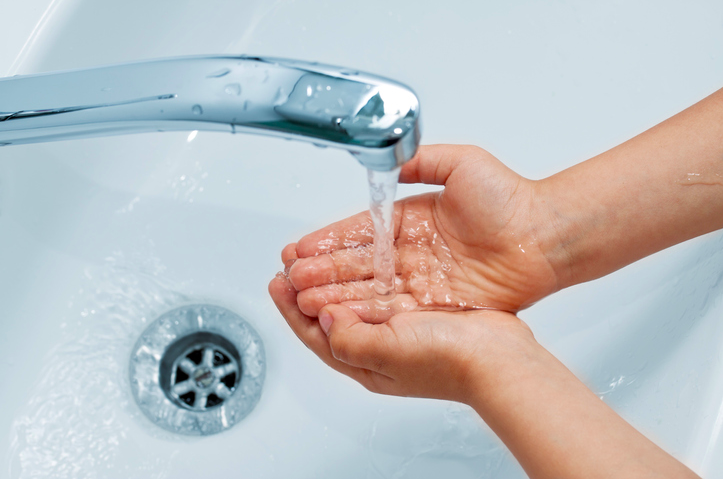Your home is your oasis: A place for you to unwind and relax. But if you’ve got a cluttered or disorganized space, it can be difficult, even impossible for you to relax at home. In fact, studies have shown that clutter induces a physiological response, raising levels of the stress hormone cortisol. Organizing your home, or even just your primary living space has several benefits.
The Effects of Clutter
Living among clutter not only makes us feel more stressed, but it also has the potential to waste time and money. If you’ve got a cluttered space, think of all the time you lose looking for keys, your wallet or important papers. You’re also at risk for wasting money, buying duplicate items or incurring fees by misplacing bills.
Women who reported their homes were cluttered or needed work said they began their day stressed and remained that way throughout the day.
Why do we feel the effects of clutter? Simply put, living in a cluttered space creates a constant low-level of stress because it’s a visual reminder of how much work you need to do to have a clean space.
Is There an Acceptable Level of Clutter?
While those photos of pristine living spaces on social media and magazines may be enviable, holding yourself to the same standards of organization can create stress, too. The truth is, the level of acceptable clutter varies from person to person. Here’s how to tell if you have too much:
- It’s causing you to stress while at home
- You feel like you can’t have a visitor drop by without having to clean up
- You have to search for things you need
Most clutter is often the result of over-attachment to personal items, which can make it difficult to part with them.
Home Organization Tips
Create a System
Before you start going through your things, create boxes for donations, for items you want to keep, for items you want to discard and for things to store.
Step Back
If you’re overly attached to your items, have someone hold it up and ask if you still need it. Once you’ve touched an item, you’re less likely to get rid of it. Also, before purchasing something, stop and ask yourself if you really need that item or if it will just add to your clutter.
Track Your Use
Not sure which items need to go where? Track how often you use an item by using dot stickers. Place a sticker on an object and peel the sticker off the next time you use it. If it still has a dot after a month or two, donate it.
Create Places
For your box of items to keep, find a place for each item. Make the item place logical, like keys by the door or the remote near the TV.
Avoid Bulk
Avoid buying items in bulk, especially if you don’t have a lot of people in your home.
Don’t Move on Too Fast
Finish organizing one room before moving onto the next.
Try 15 minutes
Take 15 minutes each day to clean.
Keep an Eye on Your “Hot Spots”
These are areas where clutter tends to pile up (like the counters or near the front door).










